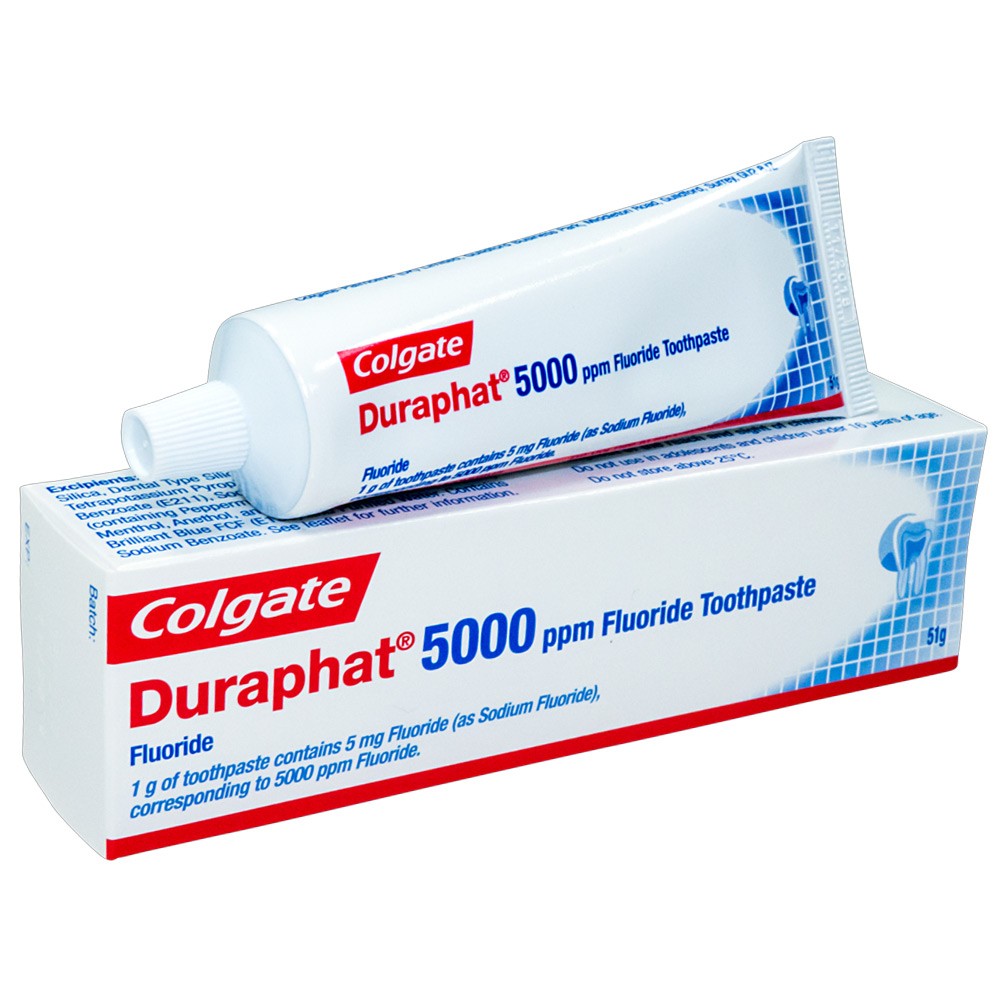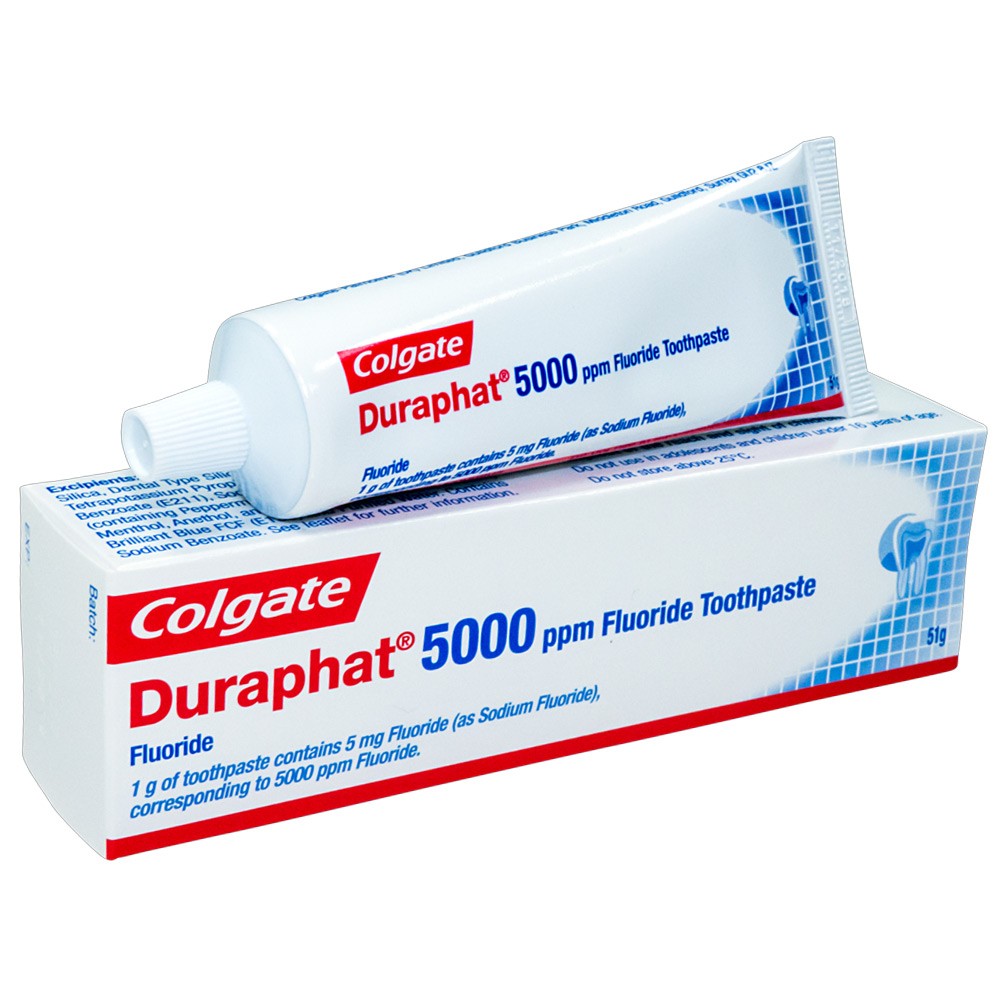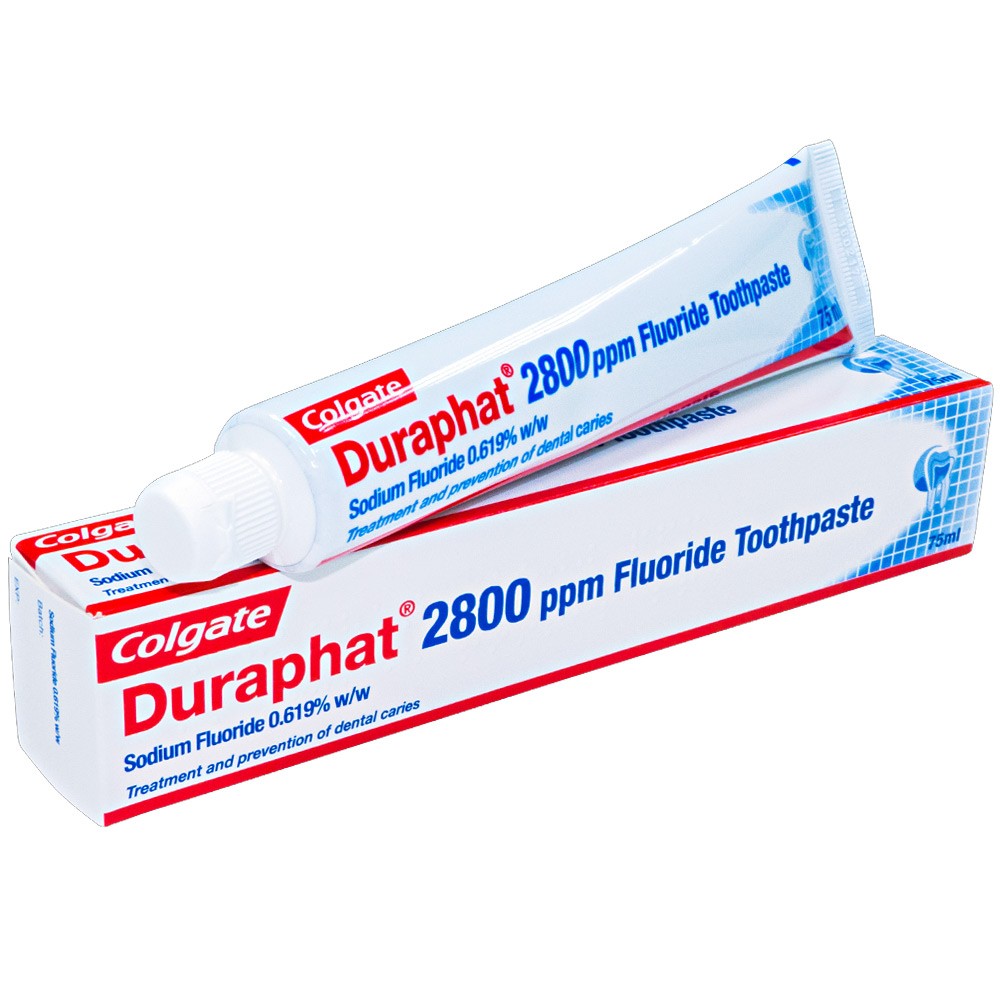Pros and Cons of High Fluoride Toothpastes
We are often advised and encouraged by our dentists to practice daily and regular oral hygiene. Sometimes our daily dental routine is not enough, and we end up suffering from bouts of sensitive teeth, gum disease, and tooth decay. The foods and drinks we consume on a daily basis can add to our conditions, as many are acidic in nature. You may end up at your dentist for treatment and often he or she may prescribe a high fluoride toothpaste. However, there are pros and cons to using high fluoride toothpastes.
What are High Fluoride Toothpastes?
The commercially available toothpaste that we usually purchase from our local corner store or supermarket chain contains between 1350 parts per million (ppm) and 1450 ppm of fluoride. Dental associations worldwide recommend that toothpastes contain at least 1000 ppm of fluoride as an active ingredient. In contrast, high fluoride toothpaste contains up to 5000 ppm of fluoride and is only available through a prescription from your dentist.

Pros of a High Fluoride Toothpaste
Stronger protection against cavities
Although the amount of fluoride in commercial over-the-counter toothpaste protects against cavities, the high fluoride content in Duraphat toothpaste provides a stronger layer of protection. The enamel of the teeth is strengthened, thereby making it more resistant to acid attacks from plaque and bacteria.
Recommended for certain populations
Many people within the population are at higher risk of developing cavities. If you wear braces and orthodontic appliances, you might be especially at risk for developing cavities or other dental conditions. High fluoride toothpastes are also recommended for people who suffer from dry mouth.
May prevent tooth sensitivity
A number of factors, including tooth decay, gum recession, and enamel erosion, can cause tooth sensitivity. To reduce the risk of enamel erosion, brushing with high fluoride toothpastes such as Duraphat is recommended.
Cons of a High Fluoride Toothpaste
May cause fluorosis
A condition known as fluorosis can develop when you are exposed to too much fluoride during tooth development. Fluorosis is characterized by white spots and streaks on the teeth. In severe cases, brown or black staining can occur. Even though fluorosis is mainly a cosmetic issue, it can become a concern for many people who are sensitive to their appearance.
Not recommended for children
Children under the age of six should not use high fluoride toothpastes. They are prone to swallow toothpaste, and this puts them at risk of excessive fluoride intake, which can lead to fluorosis. A pea-sized amount of standard 1000 ppm toothpaste is recommended for children between the ages of six and sixteen.
May cause irritation or other side effects
In addition to the above-mentioned cons, side effects of Duraphat toothpaste may include irritation and sensitivity in the mouth, lips, or tongue. Ingesting excessive amounts of high fluoride toothpaste may also cause digestive issues and stomach upsets.
Conclusion
Even though toothpaste such as Duraphat has its potential drawbacks, it does provide a high level of protection against tooth decay and cavities. Some of us may be better off using standard toothpaste. But some others need that extra layer of protection against dental problems. At British Chemist, we advise you to consult your dentist if you are experiencing dental issues.



